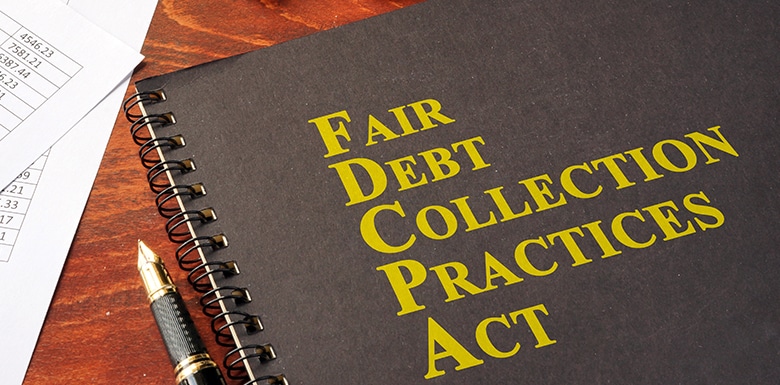Get Your 100% Free
Debt Relief Consult
Changes to Debt Collection Practices: Are Texts & Emails Coming?

For decades, people owing money on outstanding debts have enjoyed legal protections from harassment, threats, and intimidation by debt collectors. Federal statutes and regulations on debt collection practices prohibit such misconduct, establishing fines and penalties for those who violate the law. However, changes may be on the horizon regarding the methods creditors and collection agencies use in their efforts to seek repayment. The Consumer Financial Protection Bureau (CFPB) recently announced proposed rules regarding newer communication technologies, including voicemails, text messaging, and emails.
The Ohio debt collection lawyers at Luftman, Heck & Associates know it’s frustrating to fall behind on bills, but harassment from collectors doesn’t make it easier to catch up. What you need is solid help regarding your options and tactics to get your financial situation in order. To schedule a free, initial consultation of your case, contact us today at (888) 726-3181.
Background of Federal Law on Debt Collection Practices
The primary federal law that regulates the actions of creditors and collection agencies is the Fair Debt Collection Practices Act (FDCPA), which was enacted in 1977. One of the Act’s key objectives was to eliminate the threatening, sometimes aggressive tactics that organizations were using to collect debts. The FDCPA specifically prohibits the following conduct:
- Contacting debtors outside a time range of 8:00 a.m. to 9:00 p.m.
- Continuing communication efforts after a consumer requests they cease
- Reaching out to consumers who have already retained legal counsel
Proposed Changes to Communications Tactics by Debt Collectors
Though the FDCPA was effective in eliminating certain types of misconduct, it has not been updated or modified in decades. Worse, there was no agency empowered to issue regulations to clarify provisions of the FDCPA. The passage of the Dodd-Frank Wall Street Reform Act in 2010 granted such authority to the CFPB, which is now taking action through the recently proposed rules.
One of the suggested provisions is of key concern to consumers who rely on advanced technologies (such as phones and laptops), devices that lawmakers never anticipated while passing FDCPA. The proposed regulation would allow debt collectors to use emails and text messaging to contact debtors. On first impression, permitting these communications would seem to greatly favor creditors and collection agencies.
However, the rule also updates the protections for consumers. If enacted:
- Texts and email messages must include an opt-out or unsubscribe process if you want debt collection communications to cease.
- There would be a clear rule on the number of telephone call attempts, limiting a debt collector to seven per week.
- Once you have a conversation with a debt collector, that organization must wait at least seven days before making another call.
Additional Proposals Announced by CFPB
Other possible changes impose stricter duties on creditors and collection agencies with respect to disclosures and legal action. For instance:
- Debt collection efforts must include a written itemization of the debt and information on your options, such as how to dispute the debt.
- Written communications must include a tear-off form with check-the-box options, which you can send back as a response to debt collection attempts.
- There would be a prohibition on making threats regarding a lawsuit when the statute of limitations has already expired.
Consult with a Knowledgeable Ohio Debt Collection Lawyer Today
Since the proposed changes to the FDCPA are so new, it will take some time before a resolution on the proposed changes to debt collection practices actually occurs. For more information on how the new regulations might affect you, contact Luftman, Heck & Associates today. You can request a free consultation by calling our firm at (888) 726-3181, or by filling out our online form.
